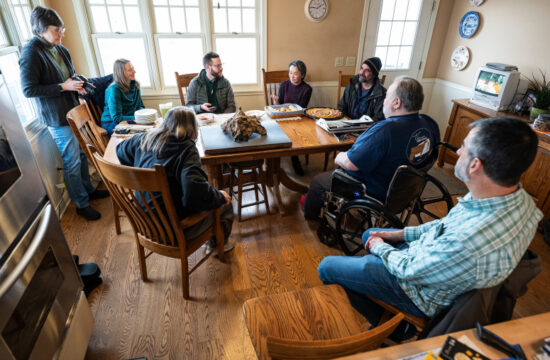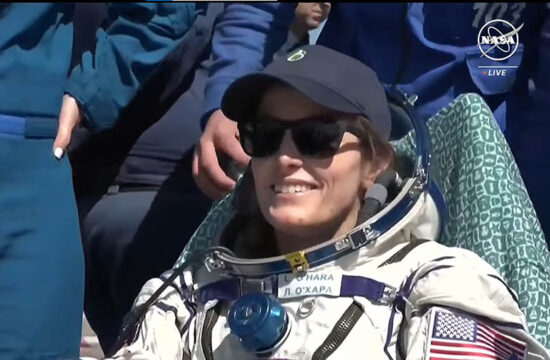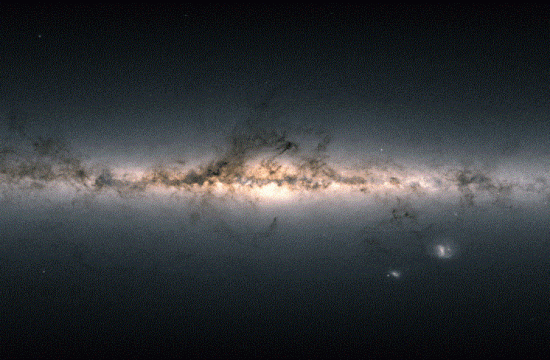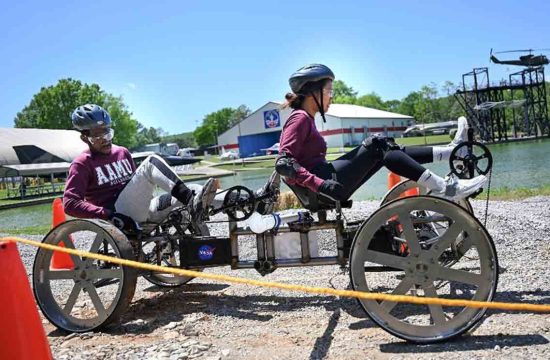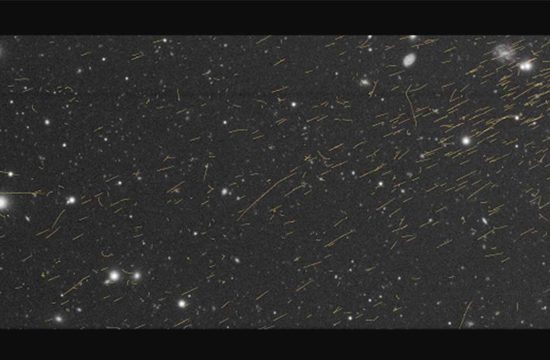A ground-based laser tracking system that could help to stem the accumulation of space debris is being developed in the UK.
Devised by start-up company Lumi Space with the support of ESA and the UK Space Agency, the technology has been demonstrated in lab tests to have the potential to pinpoint small objects in orbit with centimetre-level precision.
This information is expected to enable satellite operators to take actions to dodge in-orbit collisions and ease space congestion.
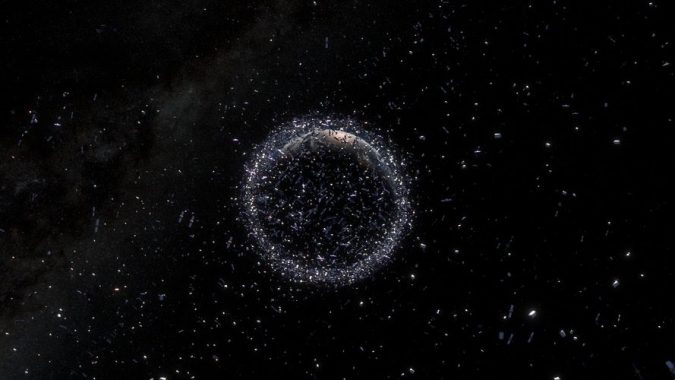
Preparations are now being made to test the ground-based system on satellites and space debris in low Earth orbit for the first time, which could be an early step to establishing a worldwide network of laser tracking stations.
The rising number of satellites in space coupled with poor compliance with mitigation measures in the past is driving the increasing number of fragments in orbit.
As low Earth orbit becomes ever more congested with both satellites and remnants of previous missions, it is becoming crucially important to understand where these objects are in space.
On top of posing a serious threat to satellites and the services they provide, collisions could lead to further fragmentation events, increasing the amount of space debris.
The system uses an existing tracking method called lidar which determines distance measurements by beaming a laser at an object and measuring the time it takes for the reflected light to bounce back to a receiver.
Lumi Space was supported at the ESA Business Incubation Centre UK (ESA BIC UK), which is managed by the Science and Technology Facilities Council.
Thanks to several innovations that are currently being developed by Lumi Space, the company expects its system to provide highly precise tracking services at a lower cost than systems that are currently available, which could make it a more attractive option for commercial enterprises.
Beyond helping satellite operators to track their payloads to avoid congestion and collisions, the system could be used to guide in-orbit servicing and refuelling of satellites, as well as space tugs to transfer spacecraft from one orbit to another.
Hira Virdee, director and founder of Lumi Space, said: “With the sheer number of missions planned for the coming decade, there is a pressing need to promote the sustainable management of near-Earth orbits – and understanding exactly where objects are in space is a key part of this.
“With the support of ESA and the UK Space Agency, we are filling a gap in the market by developing technology which provides satellite operators with highly precise positioning information.”
Sue O’Hare, Operations Manager at ESA BIC UK, said: “UK start-ups are increasingly using space technologies to create new products and services, whether that’s for use here on Earth or for satellites in space. It has been a fantastic opportunity to support Lumi Space in the development of this cutting edge technology, that could bring significant benefits to the satellite industry globally, and I am looking forward to hearing about its future success.”
ESA BIC UK is part of Business Applications Space Solutions, an ESA Telecommunications and Integrated Applications programme which helps European businesses to transform space-based ideas into commercial reality.
ESA is supporting a more sustainable future through several other activities, including its Clean Space Initiative which promotes an eco-friendly approach to space activities both on the ground and in space.
Nick Appleyard, Head of ESA Space Solutions, said: “At ESA we say that if you can see the sky, then you can use a satellite. Now Lumi Space have given that a new twist: when you can see the sky, you can see not only spacecraft but also any debris that might pose a risk to them. And since we now use lidar for collision avoidance on the roads, why not adapt that same laser technology to avoid collisions in space?
“This is true innovation: giving a new purpose to ideas and technology by looking at them from a new perspective. We are proud to support an inventive company who brings this to the market, just at the moment it is needed.”
Jacob Geer, Head of Space Surveillance and Tracking at the UK Space Agency, said: “Satellites are essential for services we all rely on every day — from access to online banking, predicting the weather, or communicating with friends and family. As we become more reliant on these services, we see a rapidly rising number of new satellites launched each year, resulting in an increasingly congested orbit and a greater chance of a collision.
“The UK Space Agency is committed to supporting the space sector to make real breakthroughs in how we tackle the problem of space debris, through enhancing national space surveillance and tracking capabilities and working with partners like the G7 to galvanise international action. With this support, Lumi Space will develop new laser ranging technology here in the UK that will help ensure the safe and sustainable use of space in future.”
—ESA


